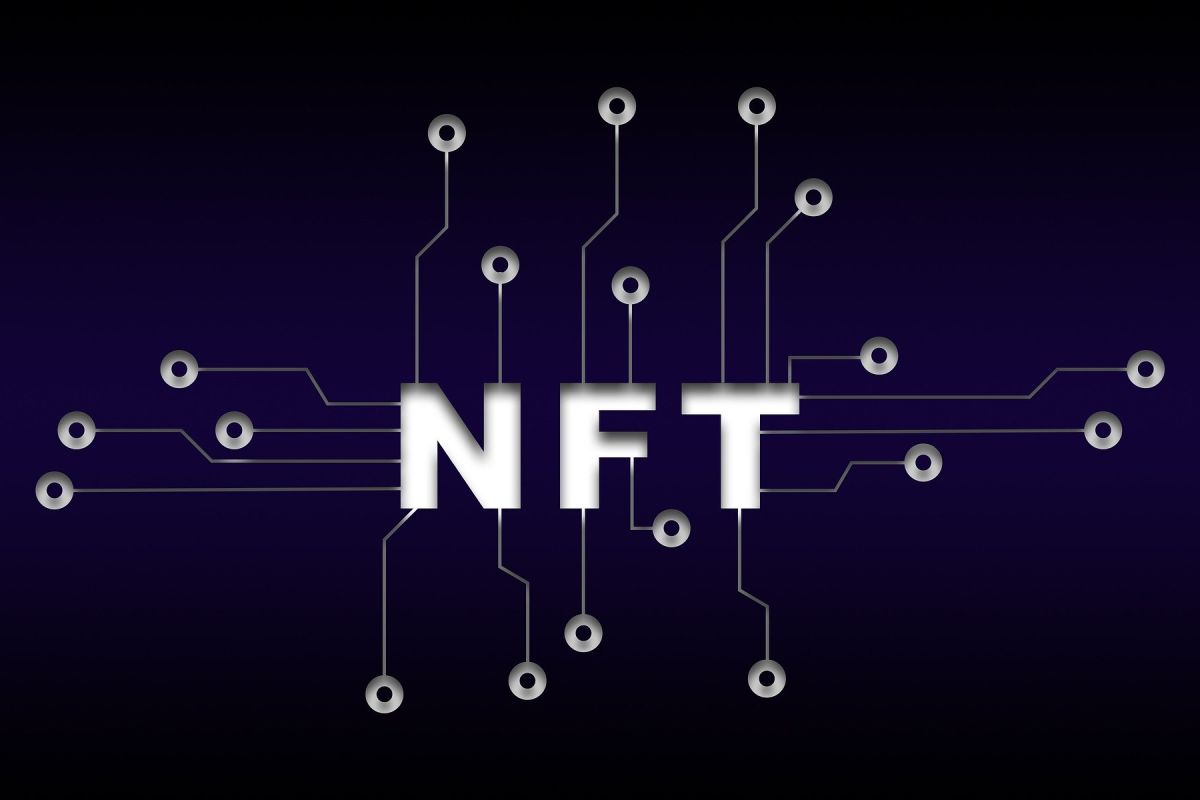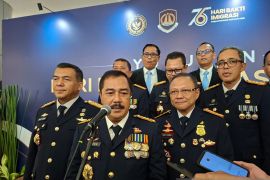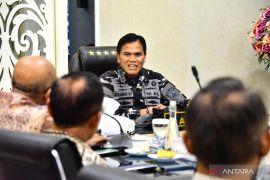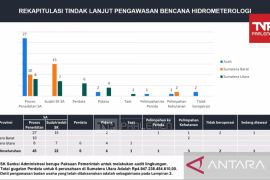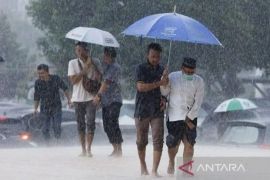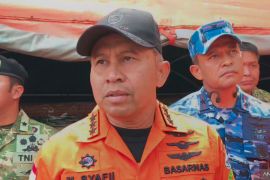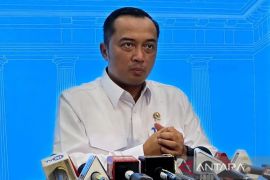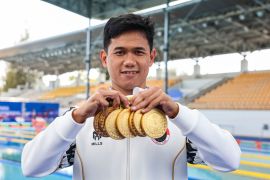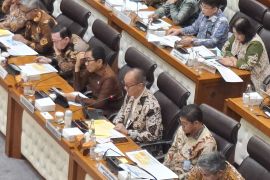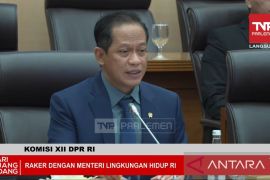This is because the NFT, as an asset, could serve as a unique digital footprint and cannot be duplicated, he explained in a podcast on YouTube on Friday. Hence, actors within the creative industry, such as artists, could avoid the danger of piracy, he added.
"In the future, artists' works will be more sorted because they will be documented and there will be a record of them from the NFT," Sambuaga said.
"This is beneficial for artists because their works will be more secure. There will be no problems in terms of copyright because the system will record them digitally," he elaborated.
NFT, which is a part of crypto assets, will not only be beneficial for artists trying to ensure their works are not plagiarized or pirated, but also for the state's economy, he said.
This is because Indonesia's current crypto asset market is quite large and has an average daily transactional value of at least Rp2.7 trillion, he pointed out.
A large economic benefit could be reaped by the state if crypto assets are taxed, he said.
He then called for the formation of a special exchange for crypto assets, like a stock exchange.
"Currently, Indonesia is supportive of crypto assets," he said.
"After a special crypto exchange exists, this will be good because we would have a potentially lucrative source of state revenue," he added.
The ecosystem will also be safe for buyers and sellers and this will be integrated later, he continued.
At the moment, crypto assets are not regulated to be taxed, Sambuaga said. However, since 2021, the government has been considering taxing crypto asset owners within the nation, he added.
Related news: BSSN encourages military to form digital security response team
According to a publication from the Commodity Futures Trading Regulatory Agency (Bappebti), crypto tax in Indonesia is planned to be around 0.05 percent, he noted.
The tax slab for crypto assets is currently being discussed with market players such as exchanges and associations, he informed.
Related news: Blockchain industry hoped to spur cryptocurrency exchange formation
Translator: Livia K, Fadhli Ruhman
Editor: Rahmad Nasution
Copyright © ANTARA 2022
